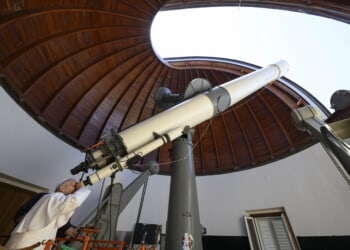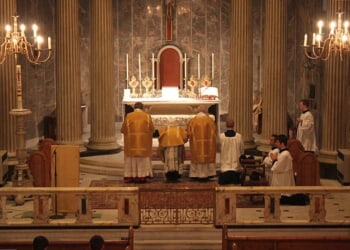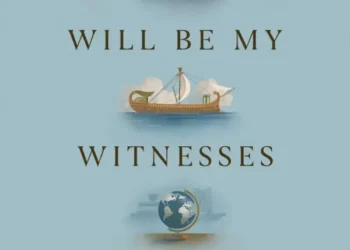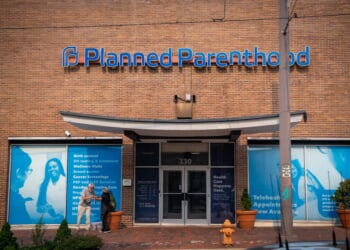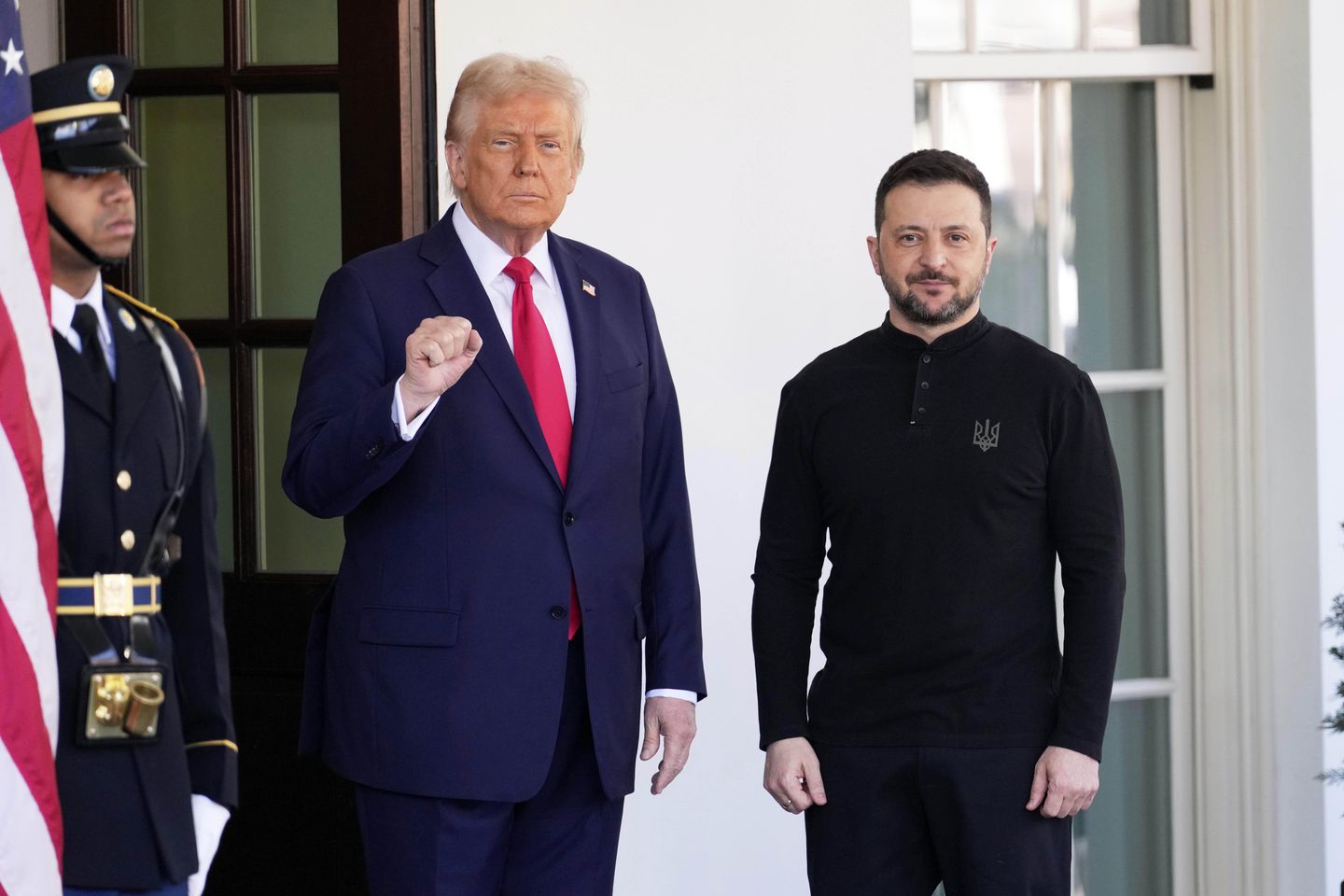
President Trump will try to advance peace talks with Ukrainian President Volodymyr Zelenskyy at the White House on Monday by offering security guarantees similar to NATO’s Article 5 protection that Russian President Vladimir Putin accepted at the summit Friday in Alaska.
The White House meeting, which will include European leaders, is the next step in peace talks. The three-hour negotiation between Mr. Trump and Mr. Putin didn’t end in a peace deal but identified key issues to ending the more than 3-year-old war in Ukraine.
Mr. Zelenskyy welcomed the news that Mr. Trump had secured from Mr. Putin Article 5-like security guarantees to dissuade Russia from invading Ukraine again. Still, he warned that the devil was in the details and again ruled out ceding Donetsk to Russia as part of a deal.
Mr. Putin is expected to demand Donetsk and other territory in eastern Ukraine.
“It is important that America agrees to work with Europe to provide security guarantees for Ukraine, and we are very thankful to the United States and to the president for such [a] signal,” Mr. Zelenskyy said Sunday in Brussels. “This is a significant change, but there are no details how it will work, and what America’s role will be, what Europe’s role will be and what the EU can do, and this is our main task. We need security to work in practice, like Article 5 of NATO, and we consider EU accession to be part of the security guarantees.”
Steve Witkoff, the White House special envoy for peace missions who attended the Alaska summit, said Mr. Trump won an “epic” concession when Mr. Putin embraced “more robust” security guarantees for Ukraine.
SEE ALSO: Russia has agreed to NATO-like protections for Ukraine in talks, U.S. special envoy says
“It means the United States is potentially prepared to be able to provide Article 5 security guarantees, but not from NATO, directly from the United States and other European countries,” Mr. Witkoff said on “Fox News Sunday.” “That is big. Really big.”
Article 5 is a collective defense agreement that an attack against one NATO member is considered an attack against all, and all members are obligated to assist the attacked country.
On CNN’s “State of the Union,” Mr. Witkoff explained that the security guarantee is “one of the real reasons why Ukraine wants to be in NATO.”
European Commission President Ursula von der Leyen, NATO Secretary-General Mark Rutte, German Chancellor Friedrich Merz, French President Emmanuel Macron and Italian Prime Minister Giorgia Meloni plan to join Mr. Zelenskyy at the White House to present a unified European front.
Mr. Macron said Sunday he is skeptical of Mr. Putin’s goals.
“Do I think President Putin wants peace? The answer is no,” he told reporters in France after participating in a video conference with European leaders.
SEE ALSO: Secretary of State Marco Rubio says Russia-Ukraine peace deal is ‘a long ways off’
“I believe he wants Ukraine’s capitulation,” he added.
Mr. Trump has made brokering peace in Ukraine a top priority, though he says it is primarily a European problem.
The conflict began in 2014, during President Obama’s tenure, when Russia annexed Ukraine’s Crimean Peninsula. In 2022, while President Biden was in the Oval Office, Mr. Putin launched a full-scale invasion of Ukraine.
Although Mr. Trump emerged from his meeting with Mr. Putin without a concrete peace plan, he said it is possible to soon end the war, which has inflicted hundreds of thousands of casualties on both sides.
“Big progress on Russia,” Mr. Trump said Sunday on Truth Social. “Stay tuned!”
On Saturday, Mr. Trump urged Ukraine to strike a peace deal.
“Russia is a very big power, and they’re not,” Mr. Trump said.
Mr. Trump had threatened “severe consequences” for Russia if he thought Mr. Putin wasn’t earnest about advancing a peace deal. After the Alaska summit, Mr. Trump said the Russian leader showed enough commitment to avoid those penalties.
However, Russia refused to accept a ceasefire amid peace negotiations.
“It was determined by all that the best way to end the war between Russia and Ukraine is to go directly to a peace agreement, which would end the war, and not a mere ceasefire agreement, which oftentimes do not hold up,” Mr. Trump said Saturday.
Mr. Zelenskyy said Russia’s refusal to accept a ceasefire and its continued military strikes against Ukraine complicate the negotiations.
Mr. Trump spoke with Mr. Zelenskyy over the phone after the three-hour meeting.
Mr. Zelenskyy said the call with Mr. Trump was “long and substantive” and they would discuss all the details Monday.
Mr. Zelenskyy’s trip to the White House will be the first since a February visit went off the rails when Vice President J.D. Vance accused him of not showing gratitude for the billions of dollars the U.S. had spent on aid. The vice president asked Mr. Zelenskyy, “Have you said thank you once?”
On Sunday, Democratic lawmakers said Mr. Putin deceived Mr. Trump.
“That meeting was a disaster,” Sen. Christopher Murphy of Connecticut, a member of the Senate Foreign Relations Committee, said on NBC’s “Meet the Press.” “Putin walks away with his photo op with zero commitments made and zero consequences.”
“What a great day for Russia,” he said.
Another Democratic Senate Foreign Relations Committee member, Sen. Chris Van Hollen of Maryland, said Congress should pass bipartisan legislation imposing more sanctions on Russia.
“Vladimir Putin got the red carpet treatment on American soil, but we got no ceasefire, no imminent meeting between Putin and Zelenskyy, [and] all the threatened sanctions that Donald Trump talked about apparently have been set aside,” Mr. Van Hollen said on ABC’s “This Week.” “Donald Trump got flattered by Vladimir Putin, but when it comes to Ukraine and our European allies, this was a setback.”
Trump officials were far more upbeat.
Secretary of State Marco Rubio said Mr. Trump has not ruled out a ceasefire but is focused on a broader peace deal.
“Now, whether there needs to be a ceasefire on the way there, well, we’ve advocated for that,” Mr. Rubio said. “Unfortunately, the Russians, as of now, have not agreed to that.
“But the ideal here, what we’re aiming for here is not a ceasefire,” he said. “What we ultimately are aiming for is an end to this.”
On the Sunday talk shows, Mr. Witkoff refused to clarify reports that Mr. Trump supports Mr. Putin’s demand that Russia acquire the Donbas region, where more than 6 million Ukrainians lived before the full-scale Russian invasion in 2022.
Mr. Zelenskyy has ruled out handing over Donetsk, the unofficial capital of the Donbas region.
Mr. Witkoff said the meetings Monday will provide a clearer picture of “the specifics the Ukrainians feel that they need” in a deal.
“You try to move one side towards the middle, and then you try to move the other side towards the middle,” Mr. Witkoff said. “The president achieved that beyond what everyone’s expectations were, and now we are immediately moving toward a meeting with the Ukrainians, with the Europeans, and hopefully we can narrow the issues down even further and get ourselves well along the way toward the codification of a peace deal.”


![Man Arrested After Screaming at Senators During Big Beautiful Bill Debate [WATCH]](https://www.right2024.com/wp-content/uploads/2025/06/Man-Arrested-After-Screaming-at-Senators-During-Big-Beautiful-Bill-350x250.jpg)









